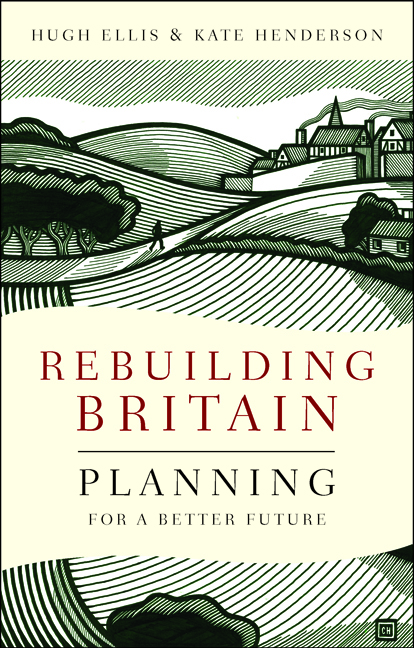9 - A disconnected politics
Published online by Cambridge University Press: 04 March 2022
Summary
…the real problem is not that working-class voters have switched their voting preferences but that they are not voting at all because there's too little at stake, the correct political prescription is to do the opposite: … to emphasise not ‘order and national greatness’ but care and economic justice (George Monbiot, 2012)
People are not engaging in politics and certainly not in planning. A stark comparison can be drawn between the postwar consensus on development and the highly polarised arguments today which play out over issues such as housing and wind farms. This process is part of a profound change in civil society, manifest in declining political participation.
Clearly, planning is not solely responsible for this wider political trend, but planning decisions are acknowledged to be one of the greatest catalysts of local political activity because of their direct impact on people's lives. The problem is that, on the whole, the public have lost faith in planning.
Planning cannot function in a democratic society without the consent of the public. Achieving this consent has, and continues to be, the most significant challenge in the planning reform process, and it remains the top political priority.
Securing consensus is problematic because over the last 40 years there has been much less agreement in society about the benefits of development. This is related to a decline in the trust that people have in professionals to make decisions on their behalf and a perception among some that national issues, or developer profits, will always outweigh community aspirations.
The British land use planning system was created with strong democratic governance. Key decisions on plan-making and development management are embedded within local authorities, both functions that require democratic approval. The supposed failures of planning (for example, to build enough housing) are in practice largely a product of local democracy – a failure of local democracy rather than a failure of planning.
Representative democracy may be the bedrock of the accountability of planning, but since the 1960s there have been increasing demands for greater participative democracy in decision-making. These demands have been reflected in some key procedural rights in plan-making and in wider attempts at direct community engagement such as ‘Planning for Real’®.
- Type
- Chapter
- Information
- Rebuilding BritainPlanning for a Better Future, pp. 71 - 78Publisher: Bristol University PressPrint publication year: 2014



